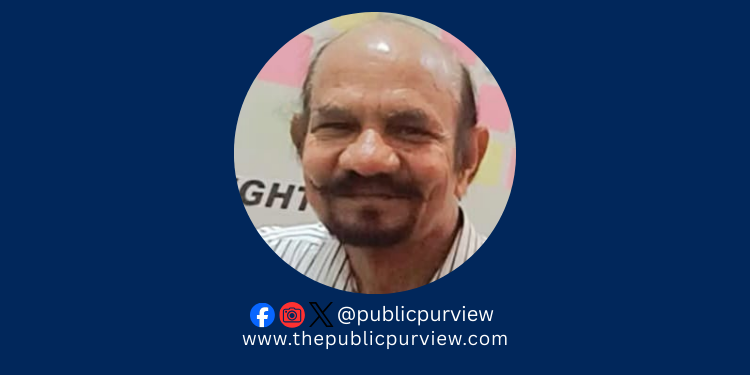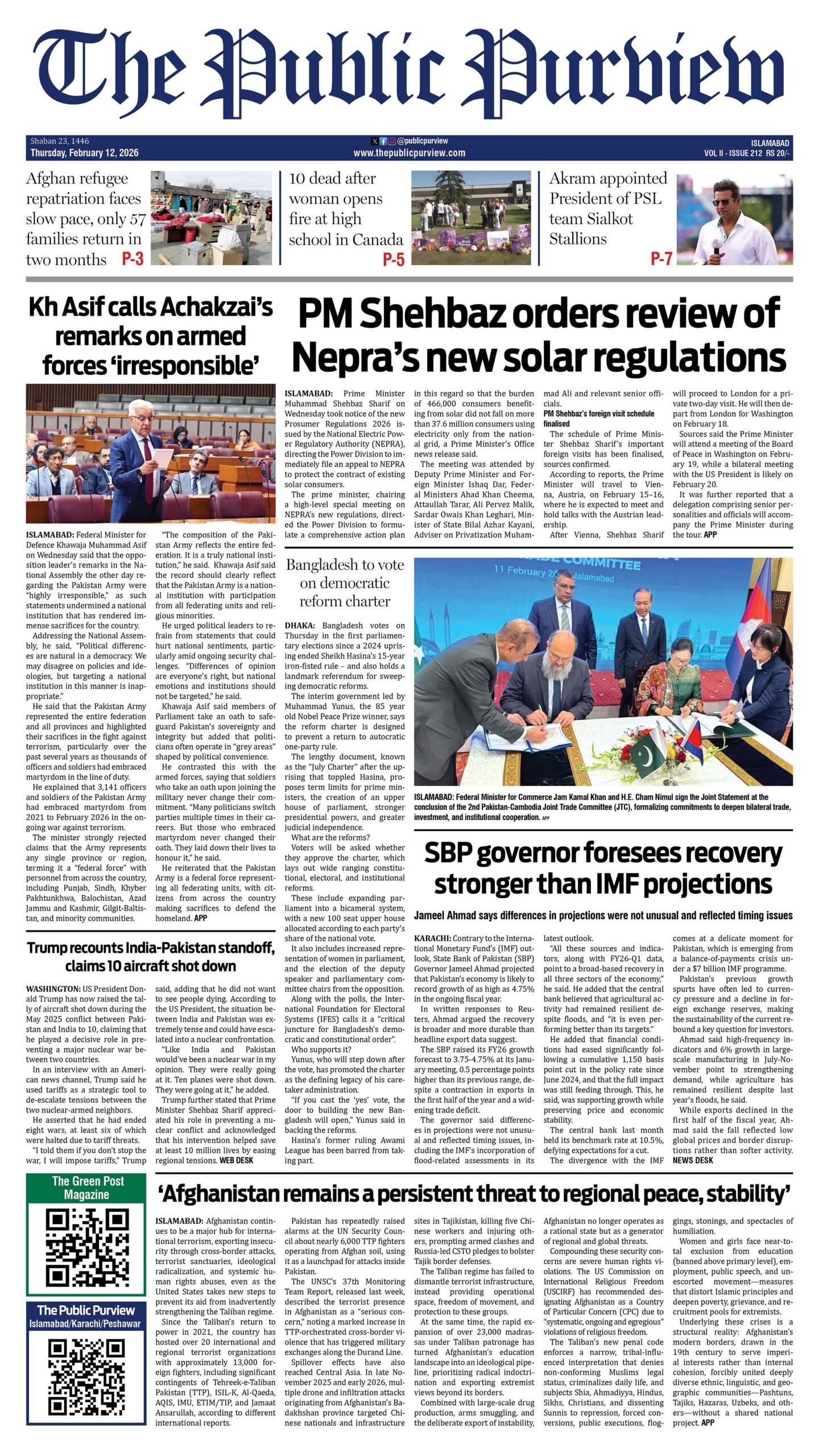
By Ayma Imtiaz
Across the bustling streets of Karachi, the quiet lanes of Lahore, and the serene valleys of Swat, millions of Pakistanis are fighting an invisible battle. Depression, anxiety, and other psychological disorders—though unseen—have become silent adversaries for nearly 50 million people in the country. Yet, discussions around mental health remain muffled under layers of stigma, cultural taboos, and societal misunderstanding.
Despite the sheer scale of the problem, mental illness in Pakistan is often dismissed or misunderstood. Cultural misconceptions frequently link psychological disorders to personal weakness, loss of faith, or supernatural possession. Patients are still labelled with derogatory terms such as “pāgal” (mad) or “asīb-zadah” (possessed), discouraging countless individuals from seeking professional help. This entrenched stigma drives sufferers into deeper isolation, worsening their conditions in silence.
The statistics paint a grim picture. According to the World Health Organization (WHO), Pakistan has one of the highest prevalence rates of mental health disorders in South Asia, yet only 3,000 qualified psychiatrists are available for a population exceeding 255 million. Limited access to care—especially among the youth—has contributed to a sharp rise in suicide rates, with approximately 15 to 35 lives lost every day.
Despite these challenges, mental healthcare remains one of the most underfunded sectors in Pakistan’s public health system. The gap is further widened by cultural and religious factors, which often lead individuals to spiritual healers rather than licensed therapists. While spiritual support can offer comfort, the absence of professional medical treatment delays recovery and can compound social stigma, leaving many afraid to speak openly about their struggles.
Yet, signs of progress are emerging. Over the past decade, non-governmental organizations (NGOs), mental health advocates, and social media influencers have started fostering dialogue around mental well-being. Campaigns such as “Let’s Talk Pakistan” and initiatives featuring personal testimonies are gradually breaking the silence and dispelling myths.
To tackle Pakistan’s growing mental health crisis effectively, comprehensive and sustained action is required. Key steps forward include:
Integrating mental health education into schools, universities, and workplaces to normalize conversations and raise awareness.
Increasing government investment to expand counseling services, establish nationwide helplines, and make therapy programs more affordable.
Building community support, encouraging teachers, families, and religious leaders to treat mental health with the same seriousness as physical ailments.
Expanding treatment accessibility through community-based mental health programs, online counseling services, and subsidized therapy.
Enhancing training for mental health professionals and support workers to meet the country’s rising demand.
Pakistan has already taken its first important steps toward acknowledging mental health as a critical public health issue. Now is the time to accelerate these efforts. By breaking outdated mindsets, strengthening care infrastructure, and fostering compassionate dialogue, we can create a society where mental health is seen not as a weakness but as a fundamental pillar of human well-being.
Ending the stigma surrounding mental health is not just the responsibility of a few—it is a collective obligation. The silent struggle must be brought into the light. And that journey begins with a single conversation.






 Today's E-Paper
Today's E-Paper